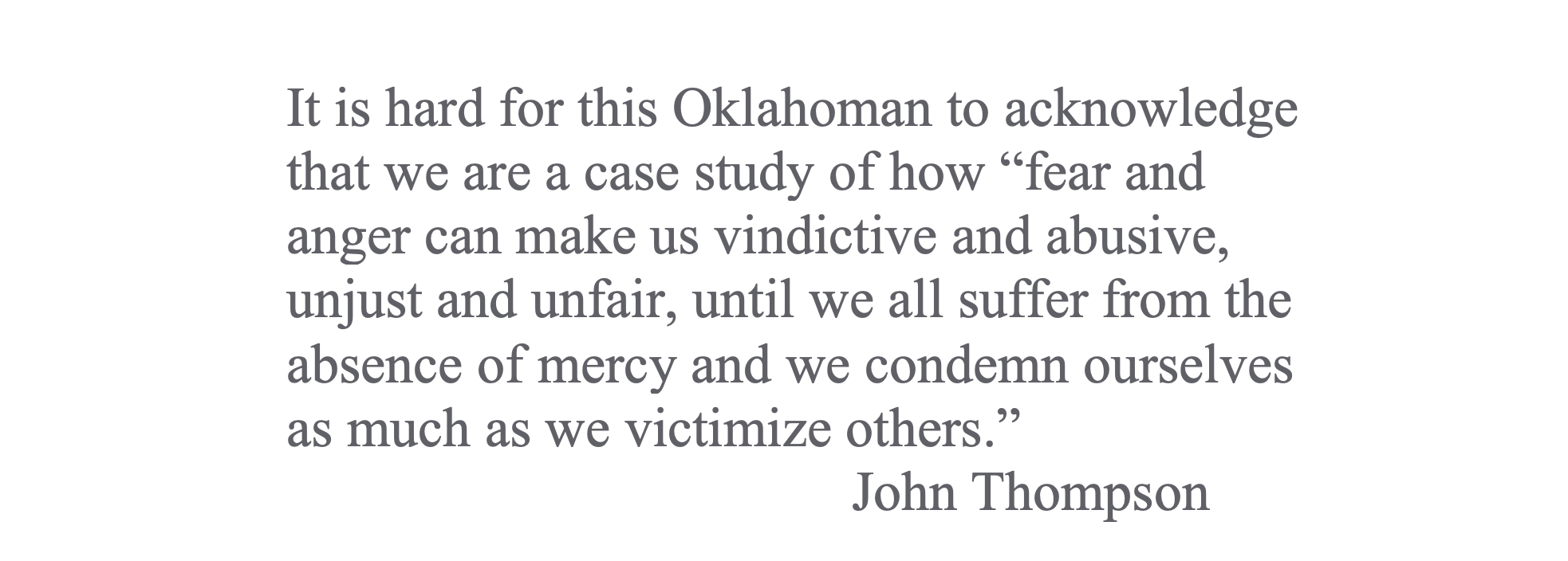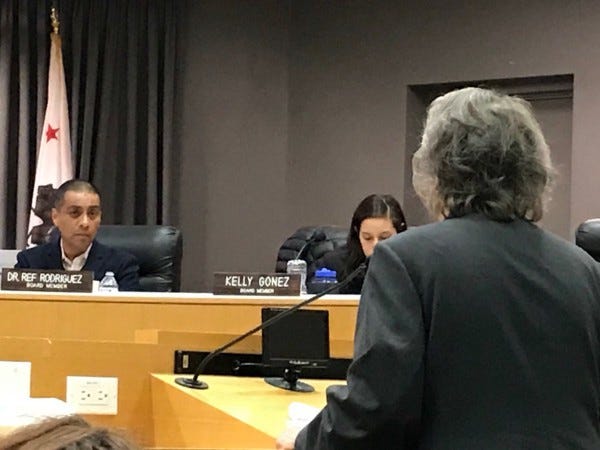EXITING NEWARK: Strange happenings as state loses control of the schools. Part One.
Just days before the New Jersey state school board voted to end state control of the Newark schools in 2017, local administrators appointed by former Republican Gov. Chris Christie pushed through a contract awarding nearly $200,000 to a consulting firm with ties to state officials who ran the district. It was just one of a number of commitments the system’s former state masters imposed on the struggling, financially strapped district.
And, while the Newark school system dutifully paid The New Teacher Project Inc. (TNTP) all the money required by the contract’s terms, the district—according to a later state audit—didn’t use documents, advice, and other materials provided by the consulting firm.
The New Teacher Project is a spinoff of Teach for America (TFA), an organization that recruits teachers without traditional training, mostly for short stays in poor districts. TNTP was established in 1997 by TFA alumna Michelle Rhee who later attracted national attention for her anti-union and pro-charter school policies and testing controversies in Washington, DC, where she served as superintendent. TNTP now plays down its connections with Rhee and TFA—and probably for good reason.
Cami Anderson, a former political operative for then Newark Mayor (now US Sen.) Cory Booker and the first of Christie’s choices to run the Newark district as state-appointed superintendent, was a TFA executive director. In her first year as CONTINUE READING: EXITING NEWARK: Strange happenings as state loses control of the schools. Part One. |


















